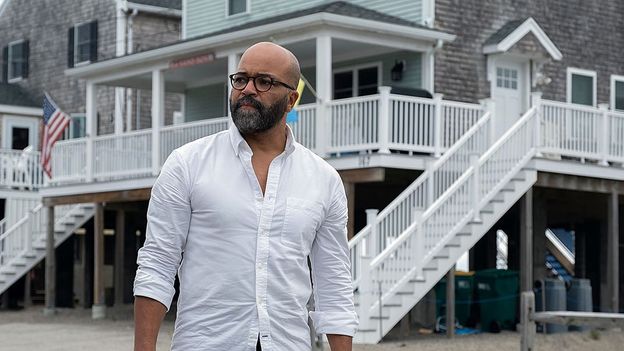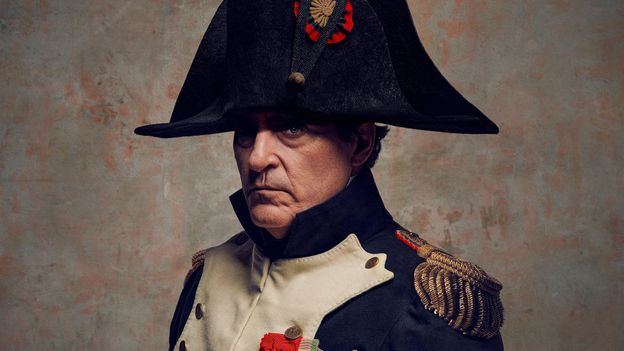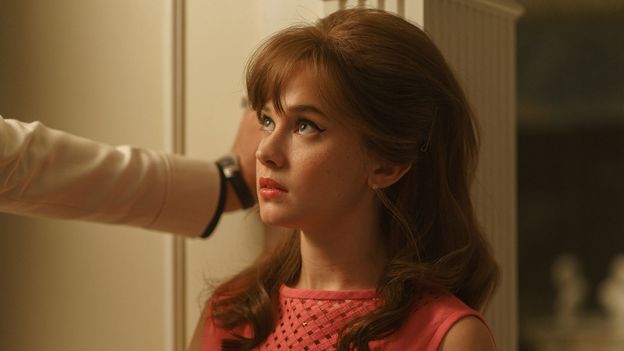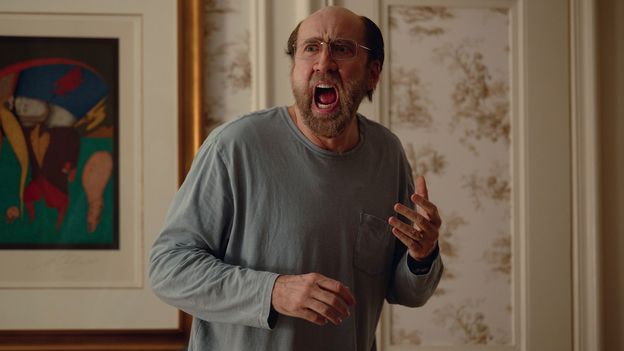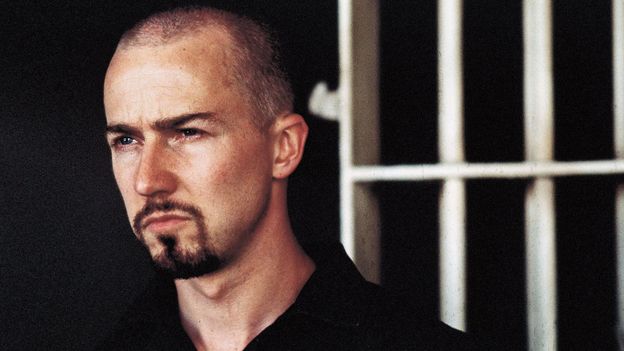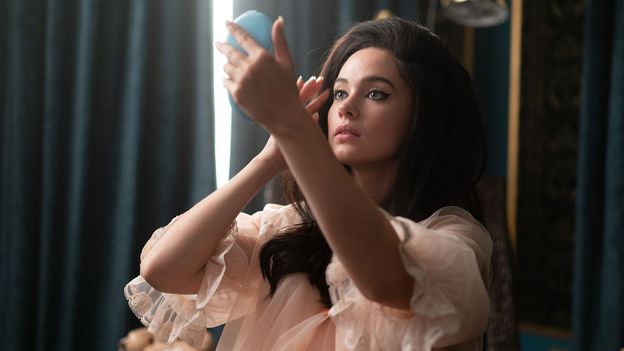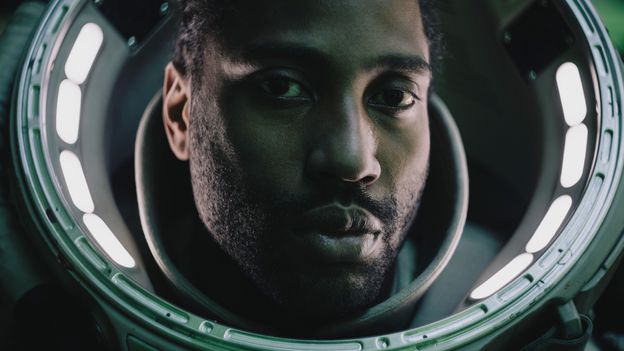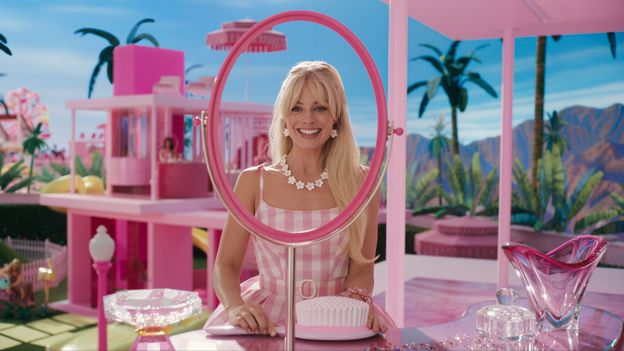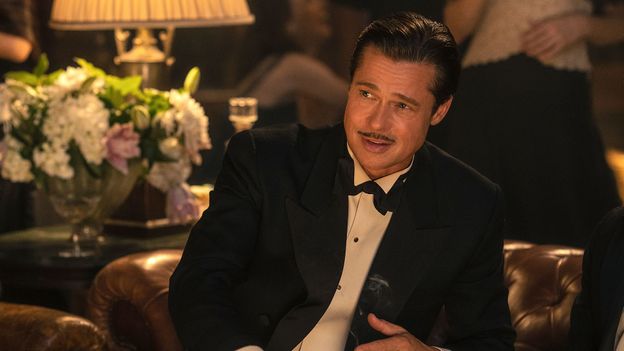In a year where many stars stayed away from the Toronto International Film Festival because of the actors’ strike, it meant more focus was on the films, even if many considered this year’s selection less than vintage. Nevertheless, there were a number of breakout movies, including Anna Kendrick’s Woman of the Hour, Azazel Jacobs’ His Three Daughters and Christy Hall’s Daddio – while the clear highlight was Cord Jefferson’s American Fiction, which deservedly won The People’s Choice award, commonly cited as a harbinger for Oscar success. Past winners of the audience-selected prize include subsequent best picture victors Slumdog Millionaire, Green Book, Nomadland, The Kings Speech and 12 Years a Slave.
More like this:
– A ‘winning, hilarious’ football comedy
– ‘Kate Winslet scores her best ever role’
– Why The Boy and the Heron is a masterpiece
American Fiction is an adaptation of Percival Everett’s 2001 novel Erasure, a satire on the US publishing industry. It’s a showcase for Jeffrey Wright, who is magnificent in the role of a struggling intellectual author who dumbs down to write a bestseller.
Wright is best known on-screen for his prominent secondary roles in The Batman, No Time To Die, and a host of Wes Anderson movies, which are no real reflection of his talent given that he is regularly acclaimed within critics’ circles as one of the best character actors working on screen and stage today.
His cinematic career started with a huge splash when he depicted artist Jean-Michel Basquiat in Julian Schnabel’s 1996 biopic – back then, it seemed like Wright might go on to be acclaimed as his generation’s Robert de Niro. So there is some irony in the fact that he may finally get the appreciation his talents deserve by playing a weary African-American author fighting back against the unconscious bias that has stopped his career from reaching greater heights.
An author at breaking point
The action starts with Wright’s author Thelonious “Monk” Ellison at his wit’s end. His books are stocked in the African-American section of bookstores simply because of the colour of his skin. When he confronts a young white bookstore employee about the placement of his work on the shelves, he’s met with a lack of understanding about the way in which racial pigeonholing works, ensuring that a black author’s work will never sit alongside the likes of Don DeLillo and John Steinbeck, no matter how good it is.
He pays the bills by working as an academic, and appears on literary panels attended by only a handful of people. His frustrations are reflected in his very name, a homage both to the improvisational jazz musician Thelonious Monk, whose life was blighted by financial woes, and Invisible Man author Ralph Ellison, whose 1952 book about the black experience was ground zero for a sub-genre of literature – from Fran Ross’s Oreo to Mateo Askaripour’s Black Buck – capturing the mental health minefield that comes with being a black person in the US. In his frustration at trying to overcome barriers, support for black nationalism and struggle for academic success, Wright’s character is a modern embodiment of the unnamed character at the heart of Invisible Man.

